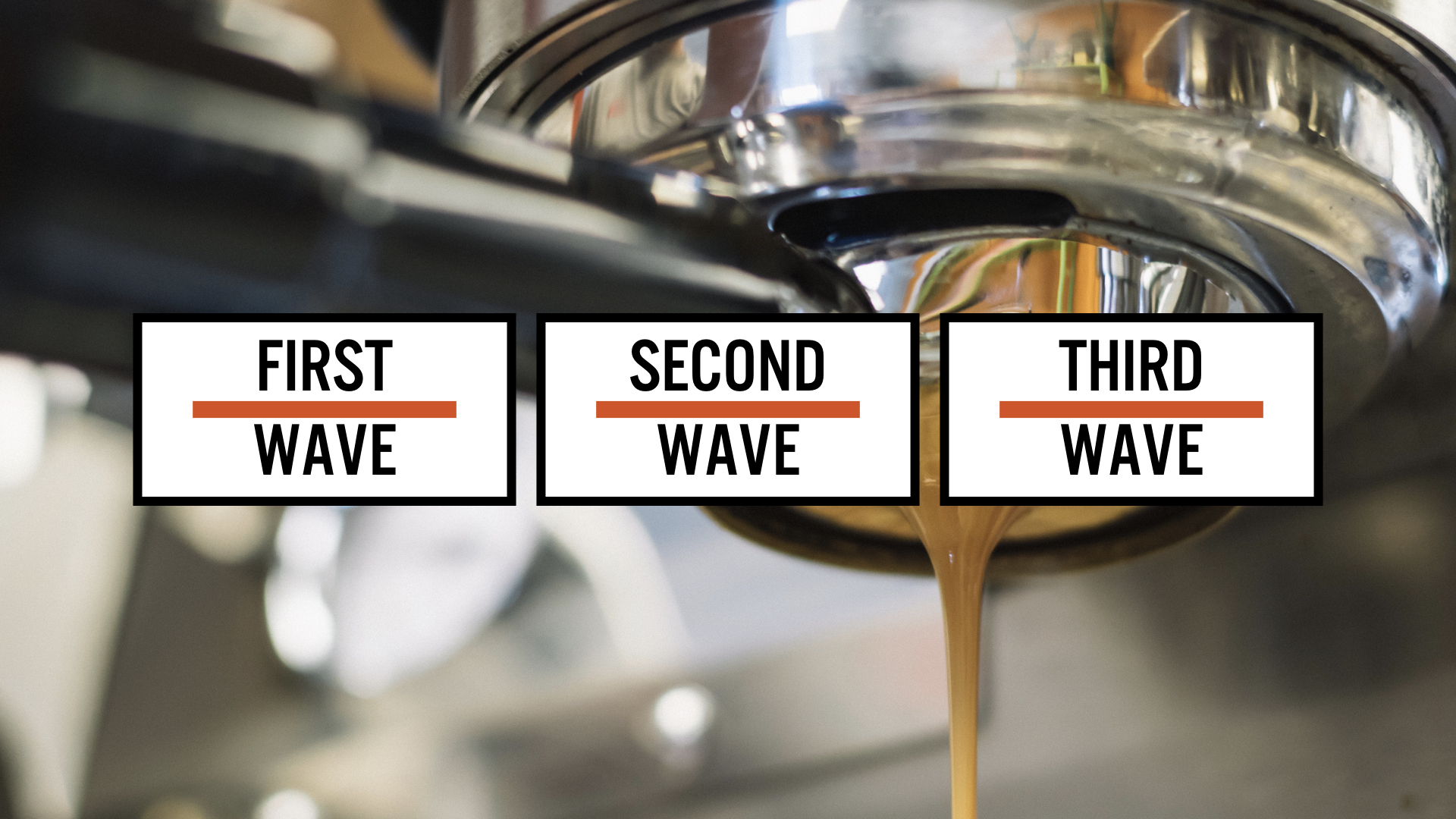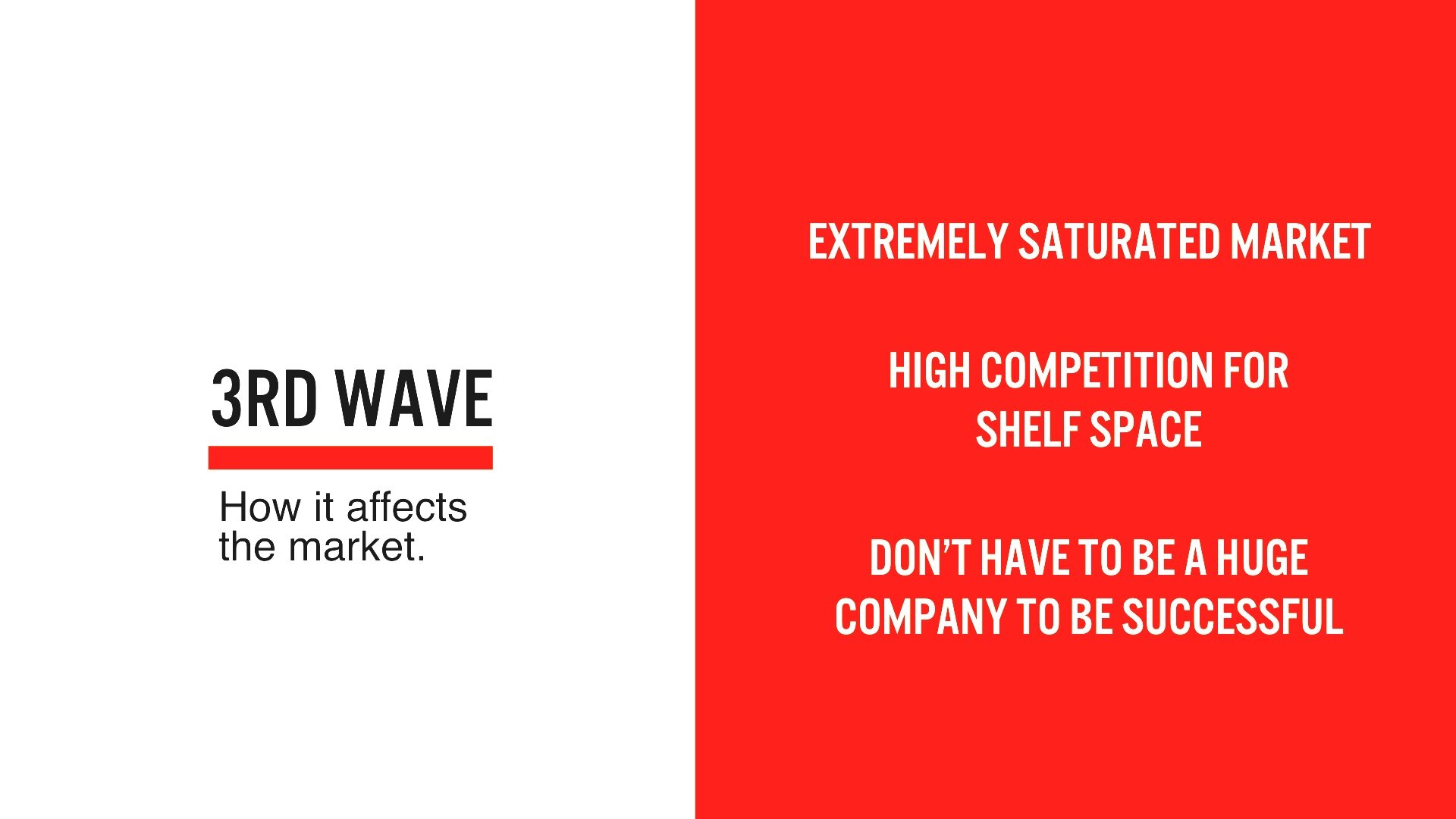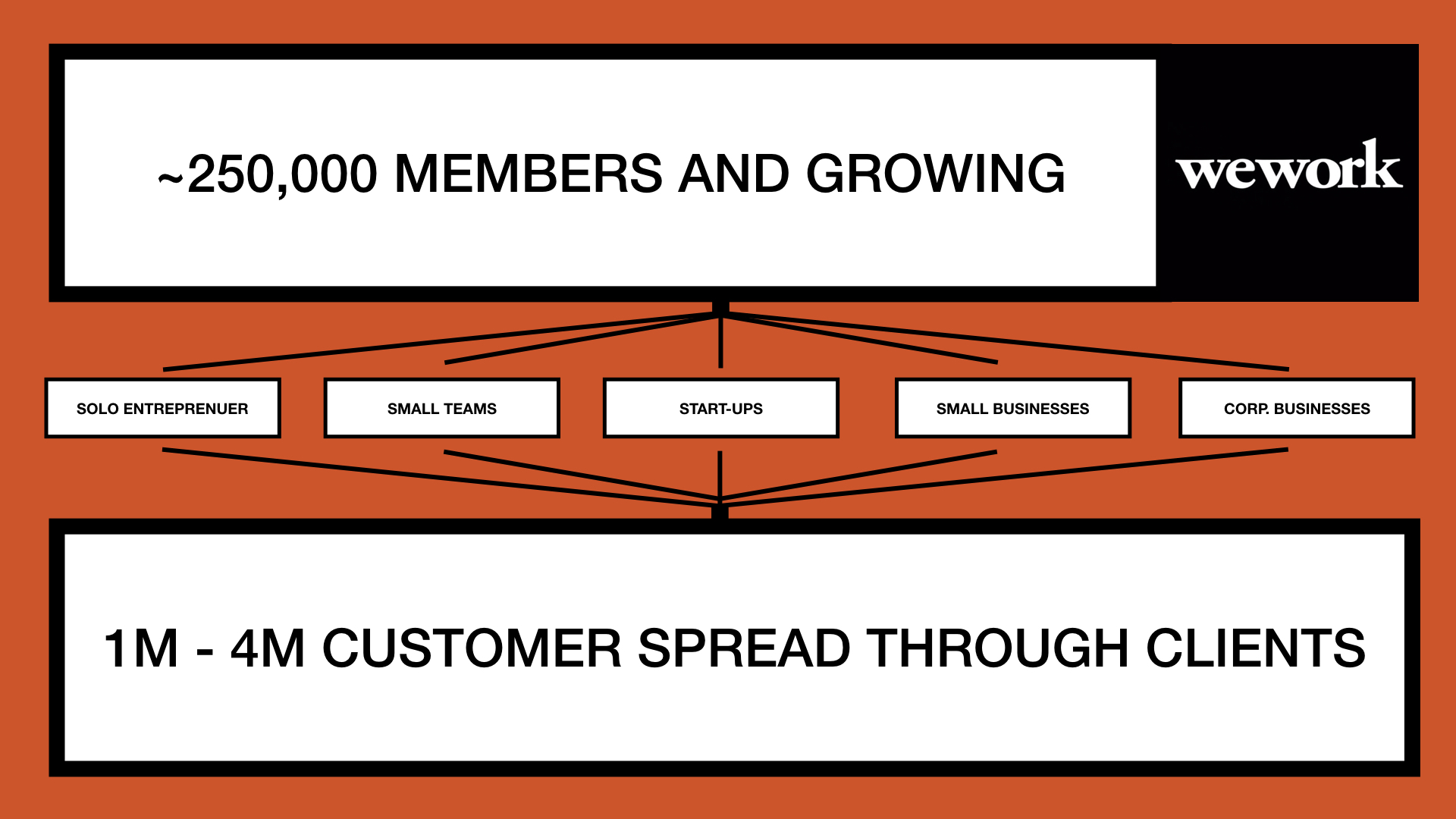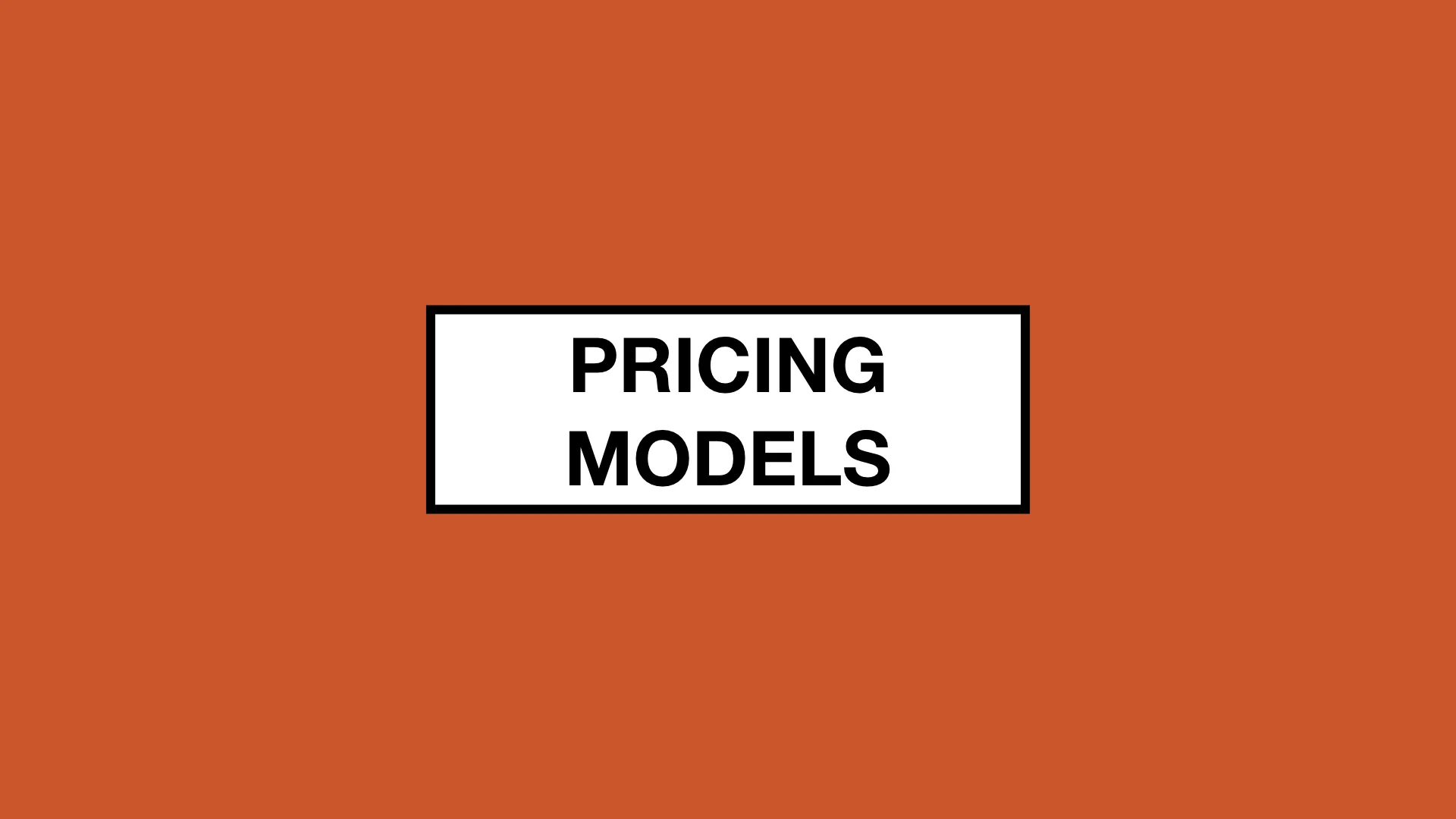Case Description
The Challenge:
Bring an adaptogenic coffee to market that supports the work force.
The Situation:
Regular coffee isn't healthy and often leads to an energetic crash, but consumers aren't familiar with adaptogenic benefits, so how do we present this product?
The Opportunity:
Coffee has changed, so has the work force. They require a smooth journey during their intensified work day, from start to finish.
The Solution:
Introduce and grow Work Coffee in the holistic co-working space that WeWork offers incrementally across the US. Educate and de-stress consumers with an ad campaign that resonates with the supportive and motivating every-work-day lifestyle brand.
My team and I conducted the preliminary primary and secondary research for this project using a series of industry-standard methods, and some more experimental design-based processes to reach our conclusions.
The secondary research included understanding these market categories:
Coffee ( beans, flavors, sourcing, usage, packaging, generational waves )
Herbs, Additives, and Adaptogens
Modern workforce ( co-working spaces, corporate businesses, agencies )
Competitive Analysis
Brand Audit
The primary research included:
Visiting WeWork in Washington D.C. and Gather in Richmond, VA
Conducting blind taste-testing with an organized focus group session
Interviewing national food distributors
Interviewing local Richmond, VA coffee roasters
Observing the coffee bean purchasing experience in retail stores
Observing coffee consumption in coffee shops
Our Client had a clever idea in mind for who they would like to target.
The core values of the Work Coffee brand were delivered by the Client.
Industry, Market & Cultural Analysis
We conducted field research by visiting some of the key channels for the delivery of coffee,
exploring the attitudes of buyers, sellers, and management to realize where and how we might position our product in the market.
The first wave of American coffee culture probably hit around the 19th-century,
when Folgers was on every home kitchen table. Since then, two more waves have developed, most recently pushing the challenges of entry and differentiation to an all time high.
That’s why, we saw an opportunity to bring on the 4th Wave of Coffee Culture, with a new category.
This is what coffee culture looks like:
This is what we realized about the customer base:
What we learned about the science of adaptogens, and how infusing them into our coffee product would offer a strong point of differentiation:
Adaptogens regulate the severity of stress response.
A trained herbalist we spoke with explained that when combined with coffee,
Gogi-Berry and Fo-Ti Root adaptogens will smooth out the bursts of energy produced when consumed on a regular basis.
Benefits include clearer focus and longer sprint durations, giving us motivation to introduce this ingredient into our customers’ workday routine.
Competitive Analysis:
The competitive market for Adaptogenic Coffee and other healthier coffees is few and far between. We took notice of this available space as an opportunity to take a stake now in the market. There’s a strong potential to grow into one of the leading companies in healthy coffee solutions.
Analysis of Adaptogens & Consumer Awareness:
Our Target Market Segment
Through our research and analysis, my team and I determined that the smartest positioning for the Work Brand was to cater to the lives of the entrepreneurial coworker of the millennial generation.
We recognized that coffee is a craft market, and consumers in our discovered target market expect it to be high quality and effective.
The millennials as a whole in contrast to its predecessors were one of the first generations to grasp the importance of a consistent focus on health and wellness, which lead us to believe that adaptogenic coffee is in fact in the scope of the next wave of culture for coffee enthusiasts.
We developed psychographics and demographic before coming up with the personification of our target audience for Work Coffee — The McKays.
They, like the other young entrepreneurs we spoke to at Gather and WeWork were familiar with Adaptogens, but not as the name Adaptogen — they didn’t really know the origins of these healthy herbal resources.
Across the board we were hearing from our surveys that this term hadn't gotten much traction in the market yet, but instead we heard healthy, organic, fresh, local, and non-gmo were popular.
Positioning
▵ The Three Truths
Brand Truth: A job worth doing, is worth doing well.
Product Truth: Adaptogenic coffee helps reduce stress and keeps you focused throughout the workday.
Consumer Truth: Doing what you love can be stressful and comes with a lot of ups and downs.
The Product Concept
Our product design is light and full of breath.
Our coffee will simply be the healthier more sustainable choice,
the only one that provides a seamless end-to-end workflow throughout our customers workday.
Product Naming:
"Accelerator" and "First Mover", resonate with the start-up mindset of our target consumer and evoke the sense that this coffee will help you accelerate and make the first move in your work day.
Work Coffee is here to move the work force toward a healthier, more productive lifestyle.
WeWork is the perfect place to build the Work Coffee brand.
The two companies core values align. WeWork has over 250,000 members in offices across the globe, in over 345 locations in 65 cities, all of whom are solo entrepreneurs, small teams, start-ups, and even corporate companies that are buying entire WeWork offices to work from.
Within reach of these members are between 1 and 4 Million clients, all of whom will potentially have a cup of coffee when meeting.
The demographic is interested in health and wellness, and looking to work smarter so that they can create the optimum performance experience to drive more success in their business.
On top of that, they love supporting startups, just as WeWork does - and is.
Not to mention, the brand names of both companies are connected, making Work Coffee an automatic extension of a high quality brand in the eyes of the consumers, right from the beginning of its introduction into the community kitchen at WeWork.
The Marketing Promo Bundle
Product Launch Plan
Our plan to market Work Coffee is broken into four phases.
Upon monitoring the success of our KPI’s we would move to the next phase of expansion to reach more customers nationally and eventually globally by introducing our product into more and more WeWork Offices.
Introducing the product into the market:
The four phases of introducing Work Coffee begins with heavy R&D Testing to assure that the quality of the mixture of Adaptogens in the Work Premium Coffee blend provides the optimum balance of energy from the caffeine, and the curve of sustainability from the Fo-Ti Root and Gogi-Berry.
Initial testing grounds will be in NYC at 10 of the WeWork locations, and expand from there into 120 WeWork locations in five major cities including New York,NY, Austin,TX, Chicago, IL, SF Bay Area and Los Angeles.
The third phase will expand the product across all U.S. WeWork locations, and finally into co-working spaces outside of WeWork once they have championed and inspired others on the path of successful start-ups methodologies.
We built out some financial reasoning to give our client a better understanding of the cost of goods,
and how much they would potentially make on returns as they grow.
These pricing models explain that including the coffee, the Gogi-Berry, and the Fo-Ti Root,
the Work Coffee blend's price point is comparable to other premium coffee blends
that are found on the shelves in co-working community spaces.
MY WORK
Primary & Secondary Research
Brand Strategy & Positioning
Target Segmentation
Pricing Strategy
Product Launch Strategy
Marketing Promo Material Design
Executive Presentation
THE TEAM
Ashley Deveraux - Creative Brand Manager
Lou Guy - Creative Brand Manager
Prahb Siani - Creative Brand Manager
Alexander M. Whiteway - Creative Brand Manager
























